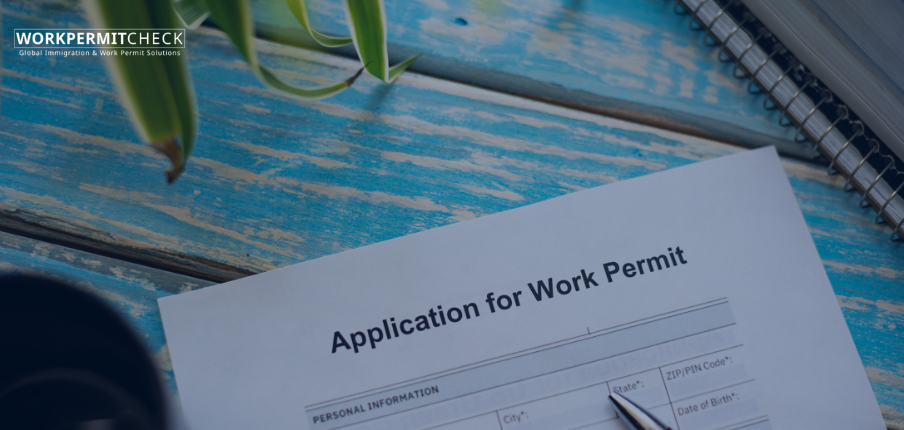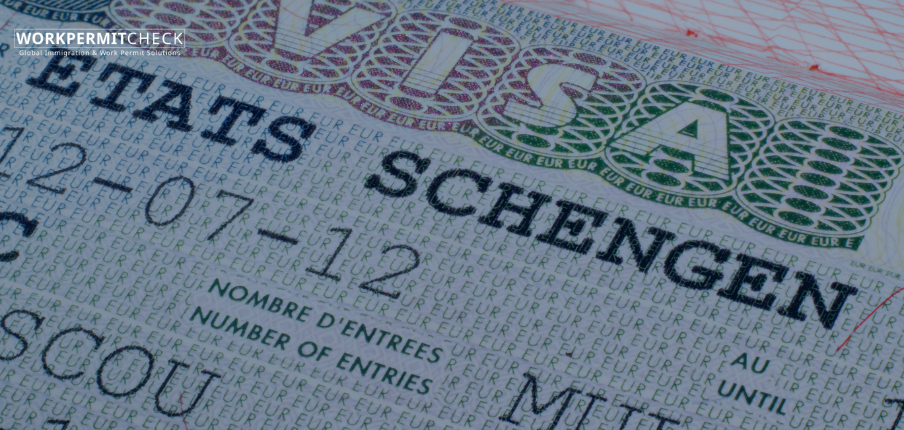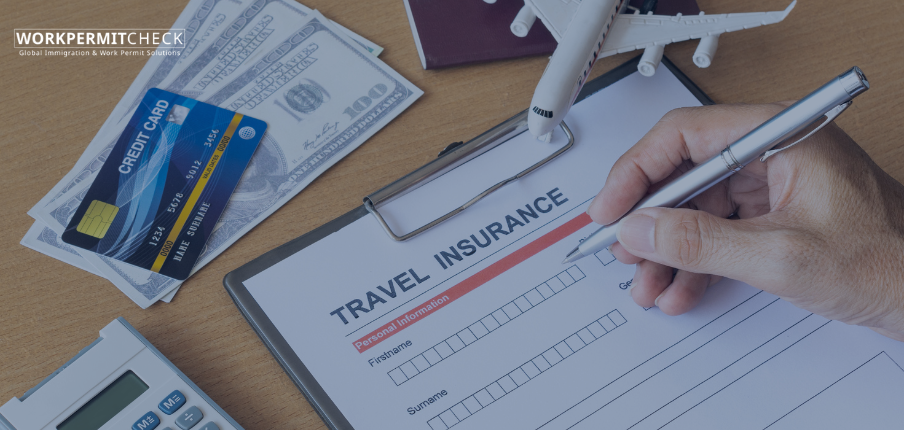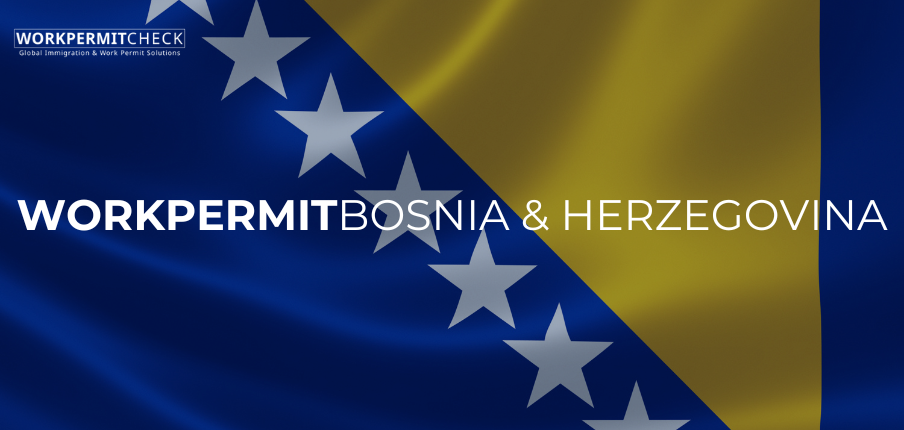Many individuals move abroad to study or join a family member who holds a work or residence permit. Naturally, questions arise about whether they can work legally in the host country. In most cases, both international students and dependents may be eligible to work, but specific rules vary depending on the country and visa type. This blog explains the general conditions, limitations, and application process for students and dependents seeking a work permit.
Can International Students Work While Studying?
Yes, in many countries, international students are allowed to work part-time during their studies, but there are usually strict regulations in place.
Key Conditions for Students
-
Visa Type Must Allow Work
-
Students must hold a valid student visa that includes work rights. Not all study visas automatically grant permission to work.
-
-
Work Hour Limits
-
In most countries, students can work:
-
Up to 20 hours per week during the academic term
-
Full-time during holidays or breaks
-
-
Exceeding this limit may result in visa violations.
-
-
On-Campus vs. Off-Campus Jobs
-
Some countries allow unrestricted on-campus work but require additional permissions for off-campus employment.
-
-
Work Permit May Be Required
-
In some countries, students need to apply for a separate work permit or employer authorization even if the student visa permits work.
-
-
Type of Work Matters
-
Certain job sectors may be restricted or require additional licensing (e.g., healthcare, childcare).
-
Can Dependents of Work Permit Holders Work?
Dependents (spouse or children) of work permit or visa holders may also be eligible to work, depending on the country’s immigration laws and the primary visa holder's category.
Key Conditions for Dependents
-
Dependent Visa with Work Rights
-
Some countries issue dependent visas with automatic work rights, while others require a separate application for a work permit.
-
-
Spouse Eligibility
-
Spouses of skilled workers, researchers, or high-demand professionals are often granted work rights more easily.
-
The spouse may be allowed to work full-time in any sector, or may be restricted to certain fields.
-
-
Children and Other Dependents
-
Dependent children usually do not have work rights unless they apply for a work permit in their own capacity (e.g., upon reaching working age or through a student visa with work eligibility).
-
-
Separate Application May Be Needed
-
Even if dependents are eligible to work, they might need to apply for a work permit or authorization before starting employment.
-
Examples by Country
Canada
-
Students: Can work up to 20 hours per week during study terms.
-
Spouses of skilled workers and international students: Can apply for an open work permit.
United Kingdom
-
Students: Can work part-time (usually up to 20 hours).
-
Dependents of graduate or skilled worker visa holders: Allowed to work without restrictions.
Australia
-
Students: Can work up to 48 hours per fortnight.
-
Spouses of postgraduate research students or skilled visa holders: Eligible for full-time work.
United States
-
F-1 Students: Limited to on-campus work unless authorized under CPT or OPT.
-
F-2 Dependents: Cannot work.
-
J-2 Dependents: Can apply for employment authorization (EAD).
Germany
-
Students: Can work up to 120 full days or 240 half days annually.
-
Spouses of Blue Card holders: Automatically eligible to work.
How to Apply for a Dependent Work Permit (If Required)
-
Check Visa Conditions: Confirm if your dependent visa allows work.
-
Employer Offer (if required): Some countries need a job offer to issue a dependent work permit.
-
Gather Documents:
-
Valid passport
-
Copy of primary visa holder’s permit
-
Proof of relationship (marriage/birth certificate)
-
Proof of residence in host country
-
-
Apply Online or via Immigration Office: Follow your host country’s application procedures.
Final Tips
-
Never work without authorization—doing so may lead to visa cancellation or deportation.
-
Review host country’s immigration website or consult with a visa expert to ensure compliance.
-
Stay updated on policy changes—especially during or after graduation, or when your primary visa holder’s status changes.
Conclusion
Both students and dependents can often work while living abroad, but the ability to do so depends entirely on the country, visa type, and specific immigration regulations. Understanding the rules and securing the necessary permissions ensures a smooth and legal employment journey in your host country.
May 12, 2025



















































































